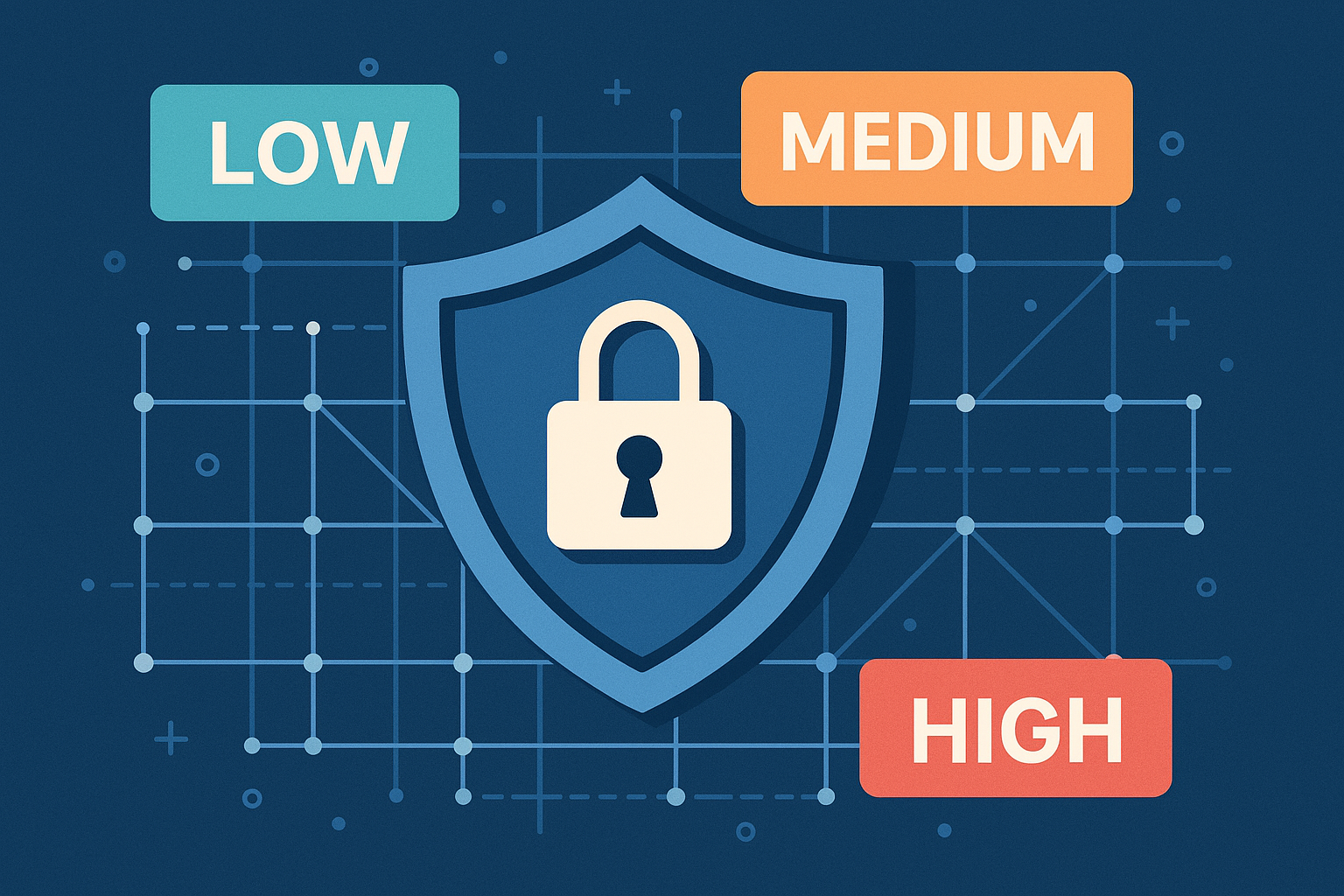Detecting Mobile Phone Hacking: Signs, Risks, and Protection
Mobile phones store more personal information today than ever before, making them prime targets for cybercriminals. From financial data to private conversations, a compromised phone can lead to stolen identities, drained accounts, and serious privacy violations. Detecting mobile phone hacking early is critical to protecting your information and preventing lasting damage. In this guide, we explore the signs of hacking, methods to confirm suspicious activity, and the best practices to keep your phone secure.
Why Detecting Mobile Phone Hacking Matters
Most people depend on their smartphones daily for banking, communication, work, and entertainment. Unfortunately, hackers exploit this reliance to gain unauthorized access. The consequences of a hacked phone can include:
- Data theft – Hackers may steal contacts, emails, or stored files.
- Financial loss – Unauthorized transactions can occur through banking apps or payment platforms.
- Privacy invasion – Spyware allows criminals to read messages, record calls, or track location.
- Device performance issues – Hacking can slow down your phone and cause frequent errors.
By detecting mobile phone hacking early, users can respond quickly and limit the damage.
Common Warning Signs of a Hacked Mobile Phone
1. Unusual Battery Drain
If your phone’s battery suddenly drains faster than normal, it could indicate hidden processes running in the background. Malicious apps often consume significant energy to transmit stolen data.
2. Overheating
While occasional heating is normal, constant overheating without heavy usage may suggest malware activity. This is especially true if overheating occurs while the device is idle.
3. Suspicious Data Usage
Hackers often rely on constant internet access to send stolen information. Monitor your monthly data usage. A sudden spike with no explanation is a red flag.
4. Strange Pop-Ups or Apps
Unfamiliar apps, excessive ads, or random pop-ups can signal malware infection. Some spyware disguises itself as legitimate apps, making detection harder.
5. Sluggish Performance
Phones that suddenly freeze, crash, or run slowly could be compromised. Hackers may install programs that consume memory and processing power.
6. Unrecognized Calls or Texts
Outgoing calls or messages that you didn’t send may indicate that your phone is under remote control. This can also result in unexpected charges.
7. Compromised Accounts
If your social media or email accounts experience unauthorized logins, the hacker may have gained access through your phone.
How to Confirm Suspicious Activity
Detecting mobile phone hacking goes beyond observing warning signs. You can take several steps to confirm if your phone is compromised:
- Check for unfamiliar apps – Review your installed apps and uninstall anything suspicious.
- Run a malware scan – Use trusted mobile security apps to scan for threats.
- Inspect permissions – Ensure apps only have necessary access to your contacts, camera, microphone, or location.
- Monitor phone bills – Look for unexplained charges related to premium SMS or calls.
- Check account activity – Review logins for email, cloud storage, or social platforms.
Steps to Take if Your Phone is Hacked
If you suspect hacking, immediate action is essential:
- Disconnect from the internet – Disable Wi-Fi and mobile data to stop information transfer.
- Run a full security scan – Use a reputable antivirus or security tool.
- Remove suspicious apps – Delete unknown or unverified applications.
- Change your passwords – Secure email, banking, and social accounts with new credentials.
- Enable two-factor authentication – Add an extra layer of protection.
- Update your software – Ensure your phone’s operating system and apps are current.
- Consider a factory reset – If problems persist, wipe your phone to remove all malware.
Preventive Measures to Stay Protected
Preventing hacking is easier than recovering from it. Adopting safe habits will reduce your risk of compromise.
- Install apps only from trusted sources – Stick to official app stores.
- Avoid public Wi-Fi without a VPN – Hackers often exploit unsecured networks.
- Keep software updated – Security patches fix vulnerabilities.
- Use strong, unique passwords – Avoid repeating the same password across accounts.
- Enable biometric security – Fingerprint or facial recognition adds extra protection.
- Regularly back up data – Protects you from permanent loss in case of an attack.
The Role of Professional Help
Sometimes, detecting mobile phone hacking and fixing it on your own is not enough. If your device continues to behave oddly after applying security measures, it may be time to consult a professional. Cybersecurity experts can run deep diagnostics, remove advanced malware, and provide personalized guidance on keeping your information safe.
Conclusion
Detecting mobile phone hacking requires vigilance, awareness, and proactive action. From strange pop-ups and rapid battery drain to unusual data usage, the warning signs often appear early. By monitoring your phone’s performance and applying strong security practices, you can significantly reduce the risk of being hacked. If you suspect an intrusion, act quickly by removing suspicious apps, updating passwords, and seeking expert assistance if necessary. Staying alert today helps ensure your privacy and data remain secure tomorrow.




Comments are closed